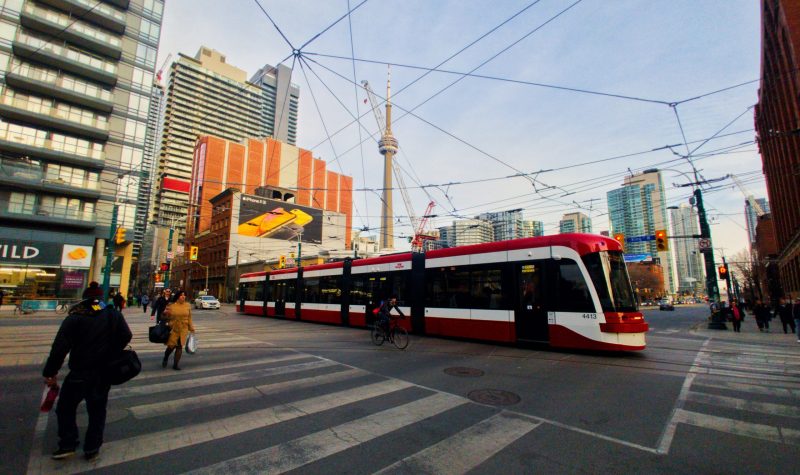The implementation of Toronto's new TTC budget brought in expected longer service wait times, as well as a fare hike. The TTC said these cuts were necessary until ridership can reach pre-COVID-19 levels, but TTC Riders said commuters will bare the brunt of these changes.
"We think it's an awful austerity budget," said Vincent Puhakka, a campaigns committee member with TTC Riders. "It's a budget that essentially passes running the cost of the TTC onto riders themselves and on top of that, offers us service cuts."
TTC Riders is a public transit advocacy group, with initiatives geared towards being a voice for public transit users.
The TTC's 2023 budget is set at $958.7 million, up $53 million from 2022.
The fare hike will be 10 cents for single fares, while freezing the cost for seniors, Fair Pass program users and those with PRESTO monthly and annual passes.
Puhakka said he understands that things have changed in the city, especially as remote work and schooling have become the norms. There are not the same large number of commuter heading to the downtown core like 2019.
While ridership may be down when accounting for the entire city, Puhakka said if the TTC hopes to recover ridership to COVID levels and beyond, it needs to offer a service that is attractive to ride.
A group he said is ignored are the "choice riders," like commuters who use transit on weekends and during the later evening hours.
The problem however, is that weekends and evenings are when the TTC imposes several of its service cuts - it is something Puhakka calls "completely backwards."
Deeper effects of the reduced service have already hit many communities that rely heavily on public transit. Puhakka mentions the 35 Jane St. bus, a route that needs both its regular service bus and an express (935 route) to accommodate the large number of riders.
He said buses were already crowded to begin with, and now the added minutes to wait times may force commuters to use non-environmental methods like personal cars to get to work or school. Further, this is a bit of a privilege for a select group, while the majority are forced to deal with the slower service, Puhakka said.
In terms of addressing the increasing violence on the TTC, Puhakka said the solutions brought forth by the city do not address the root of the problem.
He believes that a "just city" should have free public transit, but while he said fares should be paid, there is not any concrete evidence to suggest that fare evaders are always the trouble makers.
Toronto has seen a 46 per cent uptick in violence on transit according to recent data, but Puhakka believes it is an indication of crime increasing everywhere across the city. More security and police officers on transit may make commuters feel safer, but he said it does not address the need for more affordable housing and wider accessibility for mental health services.
Puhakka said more community outreach teams and streets to homes workers on transit are a good start, but more needs to be done, especially when thinking long-term.
"It's going to take all of us to reverse this downward trend in our city."
Listen to Vince Puhakka's full interview:


